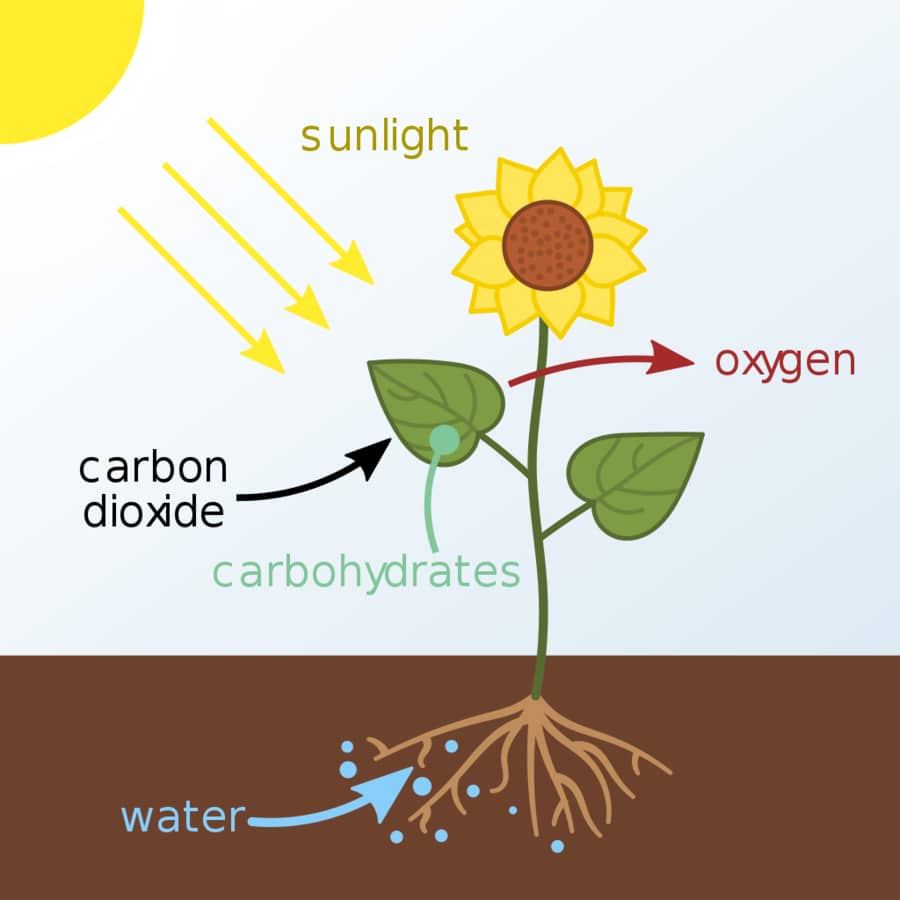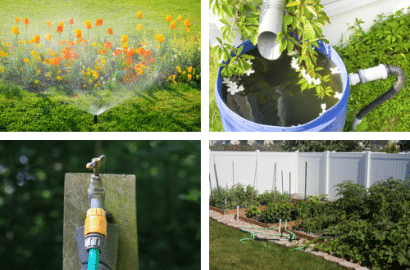
The energizing sunshine shining down on leaves. The nourishing water soaking into roots. The nutrient-rich fertilizer spread in garden beds. A lot goes into helping plants grow and prosper.
These are 5 suggestions to utilize less water to assist the plant grow much better.
- Right Plant– Right Place
Different plants flourish in various conditions. Get to know your garden’s conditions and do your research on the plants that like those conditions.
Concerns to respond to include:
– Is it dubious or in full sun?
– Is the soil heavy to dig (likely to be clay) tough (might be cranky if you reside on or near the North Downs) or lighter (most likely to be sandy)?
– Is it buggy or free-draining?
Plant labels ought to assist you decide what conditions that plant likes, however likewise the RHS and online merchants likewise have lots of details about what plants will suit your conditions.
- Adding Organic Matter
If there’s only one thing you do for your garden this is it. Including organic matter to your soil acts as a soil conditioner. Improving the structure of the soil (in time), including nutrients and also assisting to keep wetness.
But what is ‘organic Matter’? It’s compost or manure. You want well-rotted garden compost from your compost bin or horse manure. You understand if it’s well-rotted as it has no odor and has a lovely crumbly texture. Include a layer of it to your beds and borders once a year in November and the winter frosts will break it down into the soil and then it goes to work- it will repay you over and over once again.

- Gathering Water
To avoid turning the tap on it makes good sense to utilize the water we have actually collected ourselves. Here are some easy ways to gather water in your house:
– Install a water butt to your guttering on your house, shed or greenhouse. Get more than one and place them around the garden so you don’t need to walk far to fill up.
– Leave your watering can outside so any rain fills it.
– Reuse ‘grey’ water, which has currently used for something else in your home. Water from the bath or sink is okay however prevent utilizing water that’s had bleach, disinfectant or dishwashing machine salt in it.
- Mulch Mulch
Adding a 10cm layer of bark, gravel or chippings will assist the soil maintain water by lessening evaporation. It likewise reduces weed growth so is well worth thinking about.
- Watering
Watering plants in the morning helps to prevent evaporation loss in the heat of the day, or on a summer season evening where the dry soil will take in the water rapidly. Use these techniques to be most reliable with the water and your time:
– Use a pipe with a trigger weapon or a watering can with a long spout for accuracy watering.
– Water less frequently but for longer. Provide an excellent drink two times a week rather than a splash of water every day.
– Water the plants that actually need it: pots, baskets, veggies and freshly planted plants.